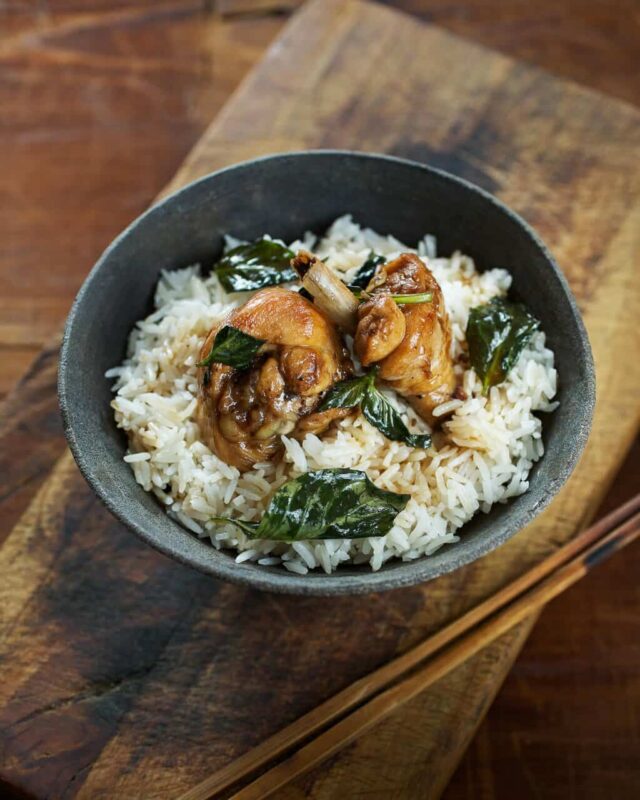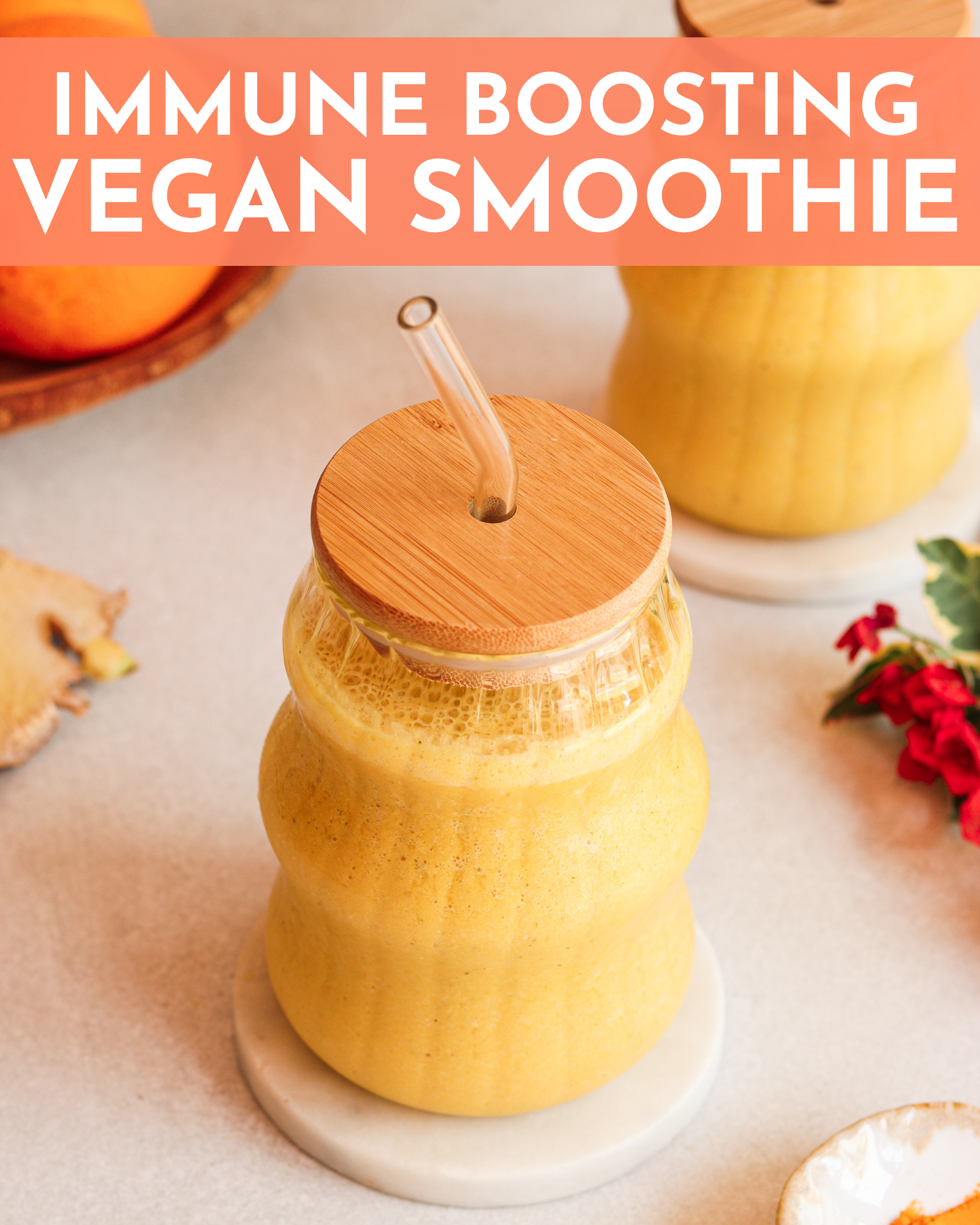Of the dozens of new Asian cookbooks that have come out this year, two are stand-outs and sure to be award-winning for 2015. One of them is Preserving the Japanese Way by my friend, Nancy Hachisu (we’ll feature that book in another article), and the other is Phoenix Claws and Jade Trees: Essential Techniques of Authentic Chinese Cooking by Kian Lam Kho. Both books are written for lovers of authentic Japanese and Chinese cooking, respectively, and both are the only cookbooks of the year that I’ve read cover to cover.
To get a sense of the completeness and richness of Phoenix Claws and Jade Trees, it helps to first introduce you to the author. From his bio:
Kian Lam Kho is a private chef, food writer, teacher and food consultant specializing in Chinese cuisine. He is the author of creator of the James Beard Foundation Awards finalist, Chinese home cooking blog, Red Cook. Kian lives in New York City and teaches Chinese cooking at the Institute of Culinary Education and the Brooklyn Kitchen. He appears regularly as speaker and discussion panelist on Chinese cuisine and its history. He helped launch New York’s first Yunnan restaurant, Lotus Blue, as a consulting chef. He is also a frequent guest chef and caters private multi-course Chinese banquets.”
Phoenix Claws and Jade Tree introduces you to the essential, authentic, Chinese cooking techniques starting with the easy: dry stir-fry and moist stir-fry, gently leading you into yin-yang frying and broth flavoring after pan-frying. Some of the more complex techniques are at the end, like smoking par cooked ingredients and clay roasting.
Kian is not only a chef and scholar of Chinese cuisine, but he is a patient teacher, as well. Each section of the cookbook thoroughly explains the history, lore and evolution/modernization of Chinese cooking world-wide. Kian is a gifted story-teller, I treasured every page of this book.
Each technique is accompanied by step-by-step photos (there are 200 color photos in this book!) With 158 Chinese recipes, ranging from dishes that first-time stir-fryers and lovers of Chinese-American foods can master (Stir Fried Shrimp, Kung Pao Chicken, Black Pepper Beef, Sweet and Sour Pork) to dishes that I’ve only had in my Mom’s kitchen, travels to China, and at famous Chinatown restaurants (Steam Pot Chicken Soup, Fried Squab with Five-Spice Salt, Buddha Jumping Over the Wall).
We’re sharing Three-Cup Chicken Recipe from Phoenix Claws and Jade Trees. It’s a simple Chinese recipe that my Mom has been urging me to share with you all, and one that I remember cooking in college. The name of the recipe comes from its ingredients – originally, the recipe called for 1 cup of each: soy sauce, rice wine and sesame oil. While this is the proportion that was popular years ago, I’ve always balked at using an entire cup of each, especially sesame oil! I’m happy that Kian also thinks the same, having adjusted the amounts of the ingredients to be more healthful and balanced.
Three Cup Chicken features a bold-flavored, slow-braise with slices of ginger and a stir of fresh basil leaves at the end. It’s a traditional Taiwanese dish, and a recipe that the entire family will love. Serve over steamed rice. This is also a great slow-cooker recipe!
Thank you for supporting Steamy Kitchen!
Three Cup Chicken Recipe | 三杯雞
Ingredients
- 1 1/2 pounds chicken thighs or legs, each cut into 2 pieces, if desired
- 2 tablespoons vegetable oil
- 6 thin slices fresh ginger
- 1/4 cup plus 2 tablespoons white rice wine
- 2 tablespoons soy sauce
- 1/4 cup Asian toasted sesame oil
- Leaves from 1 medium bunch (2 ounces) Thai basil
Instructions
- Put the chicken pieces in a large saucepan and add enough water to cover the meat completely. Bring the water slowly to a simmer, skimming off any scum that forms on the surface. Simmer for 10 minutes. Drain the chicken and discard the water.
- Heat a wok over high heat until a droplet of water sizzles and evaporates immediately upon contact. Swirl the vegetable oil around the bottom and sides of the wok to coat it evenly. Add the ginger to the wok and stir-fry until it is fragrant, about 30 seconds. Add the chicken and stir-fry for about 30 seconds.
- Add the 2 tablespoons rice wine and 1 tablespoon soy sauce. Continue to stir-fry for another 2 minutes or until the chicken is browned.
- Transfer the chicken to a clay pot or Dutch oven with a cover. (Alternatively, this dish can be cooked in a slow cooker.) Add the remaining ¼ cup rice wine, the remaining 1 tablespoon soy sauce, and the sesame oil. Cover the pot and simmer the chicken over medium heat for 30 minutes, until it is tender and the liquid has reduced to a thick sauce. Just before serving, stir in the basil leaves.
Notes






